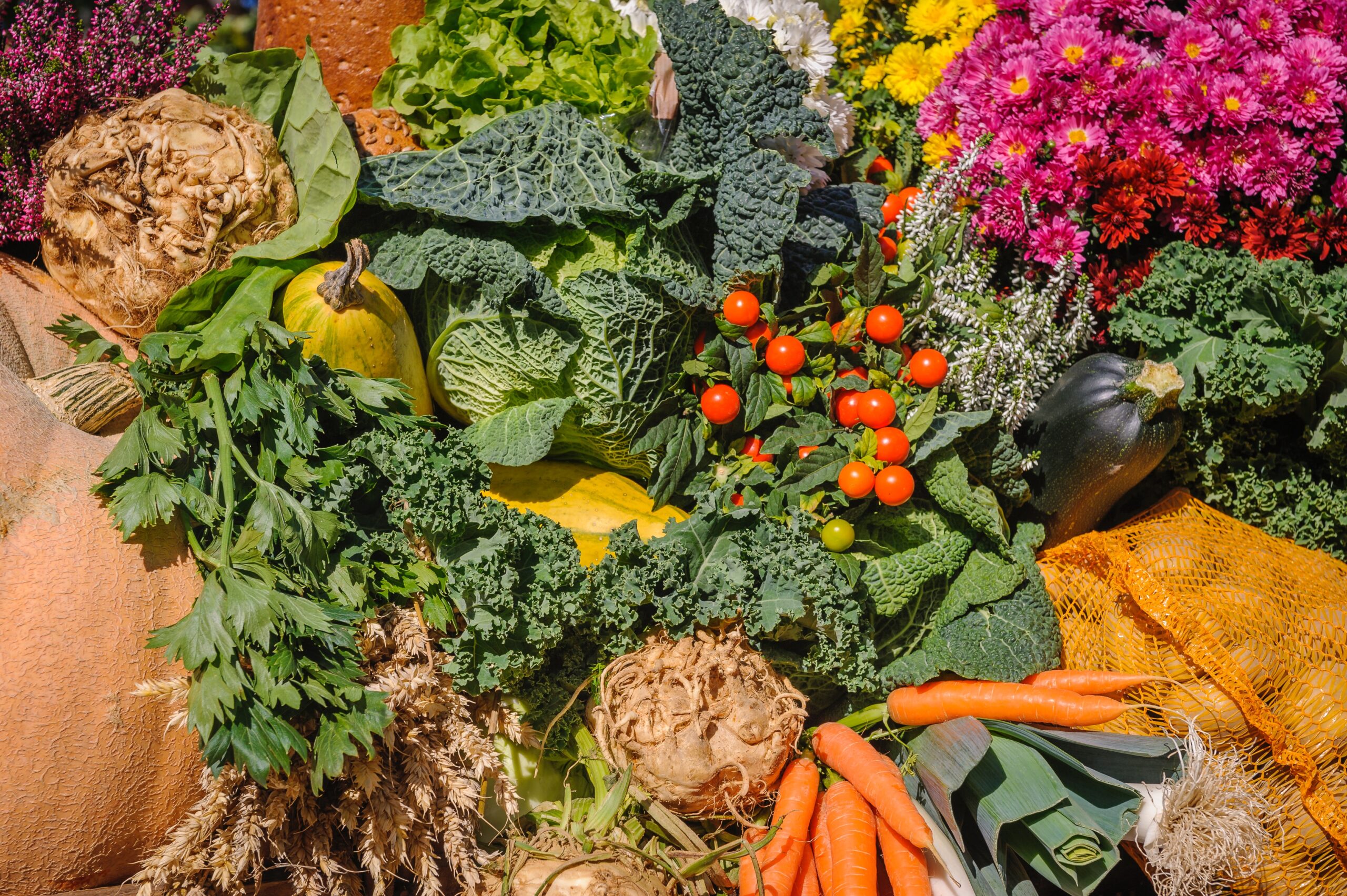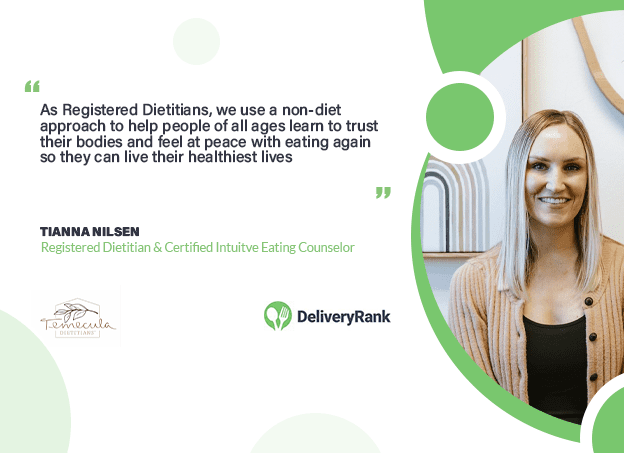READ THE POST
Have you ever heard of individuals having a gluten intolerance or celiac disease and wondered what that means or what’s the difference? What is Gluten? Gluten is a type of protein found in some foods we eat. Foods that contain gluten are wheat, rye, oats, and barley. What is the difference between Celiac Disease and […]

READ THE POST
When the season changes throughout the year, do you notice the different produce on the shelves? Every season has different fruits and vegetables that are at peak nutritionalvalue and are cost-friendly. Four Benefits of Eating Seasonal Produce If you’re interested in learning more about incorporating more seasonal produce into your daily intake, contact us today […]

READ THE POST
What is ARFID? ARFID stands for Avoidant/Restrictive Food Intake Disorder. This is a type of eating disorder that can be defined as an eating or feeding disturbance, that can cause a lack of interest in eating or avoiding food based on the sensory characteristics of food. Here are some common examples of clients we’ve worked […]

READ THE POST
How do you quantify a ‘non-diet approach’? A non-diet approach really means that you are not using external sources to dictate what you eat and when you are going to eat. I think a lot of people struggle with diet rules and therefore believe they are not dieting. The reality is that whenever we are looking towards […]

READ THE POST
“Butterflies in your stomach” is the classic example of the brain-gut connection. The mind and the feelings that go along with it have real effects on the body and wellness. When a psychological condition such as disordered eating is at play, feeding alone doesn’t “cure” the person. Treatment may involve re-introducing the body to food, […]

READ THE POST
Health is more than the sum of our food choices and how much we choose to exercise. It is also the air we breathe, our family history, the neighborhood we live in, the color of our skin, and so much more.

READ THE POST
Nowadays, grocery stores have a lot more than just skim, 1%, 2%, and whole milk in the refrigerator.

READ THE POST
Harvard Health is calling intermittent fasting (IF) a “promising” diet with emerging research and popularity in their article. Dietitian Tianna wholeheartedly disagrees.
